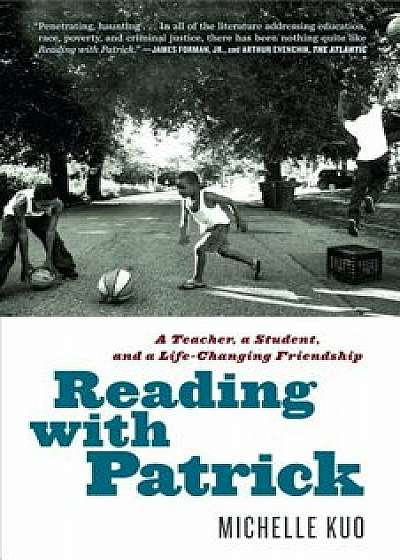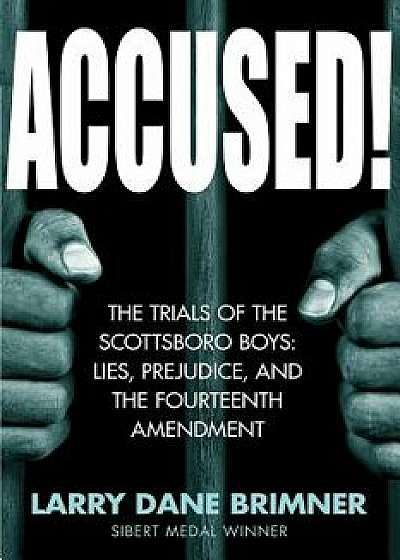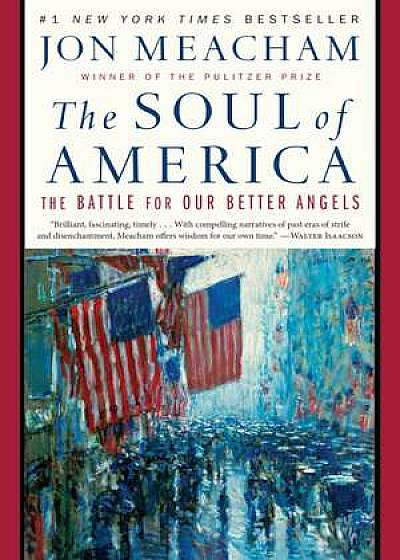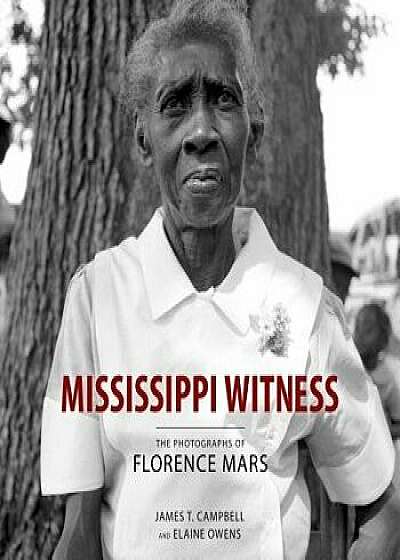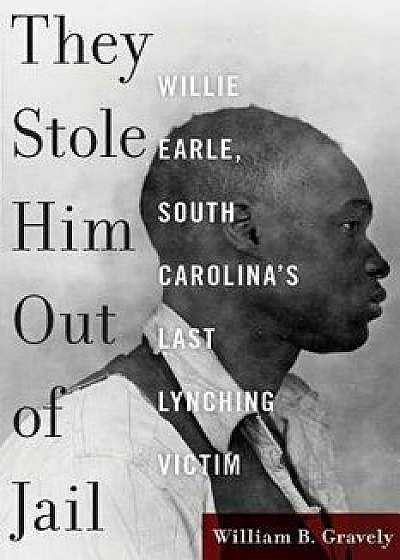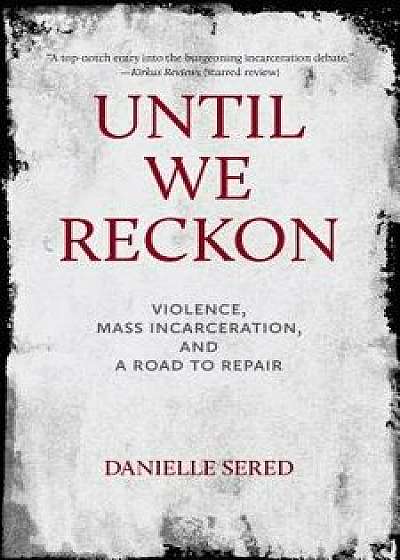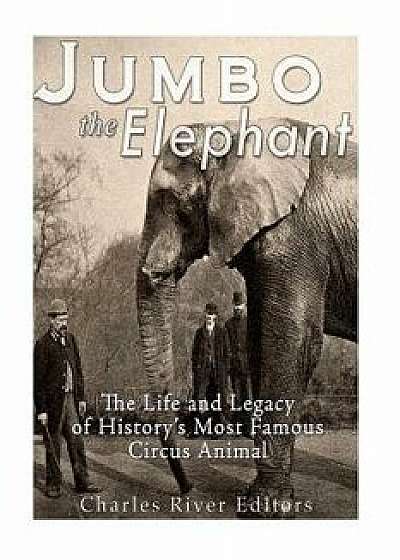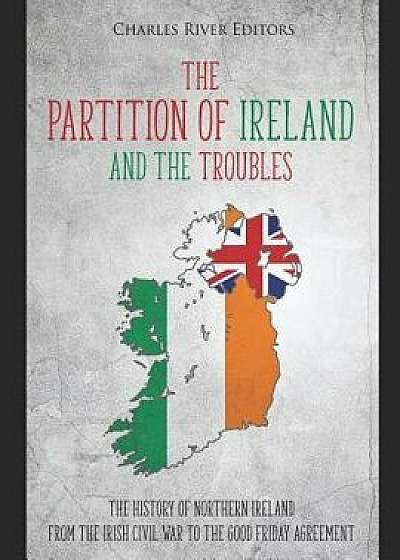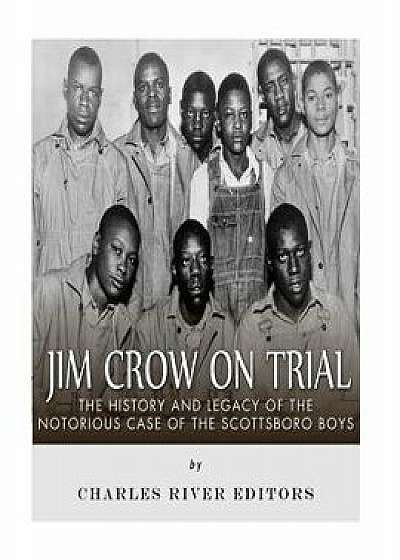
Jim Crow on Trial: The History and Legacy of the Notorious Case of the Scottsboro Boys, Paperback/Charles River Editors
Descriere
Description Includes pictures Includes accounts of the case Includes online resources and a bibliography for further reading Includes a table of contents "I'm interested solely in seeing that that poor...colored boy over there and his co-defendants in the other cases get a square shake of the dice, because I believe, before God, they are the victims of a dastardly frame up." - Samuel Leibowitz, defense attorney When famous political philosopher Alexis de Tocqueville toured the new United States of America, he was impressed by the representative government set up by the Founders. At the same time, he ominously predicted, "If there ever are great revolutions there, they will be caused by the presence of the blacks upon American soil. That is to say, it will not be the equality of social conditions but rather their inequality which may give rise thereto." De Tocqueville was prescient, because the longest battle fought in the history of the United States has been the Civil Rights Movement. The framers of the Constitution kicked the problem down the road, over half a million died during the Civil War to end slavery, and then many more fought and died to dismantle segregation and legalized racism in the 100 years after. It goes without saying that Jim Crow was pervasive in the wake of the Civil War, but few events in history put the effects of institutionalized segregation and racism on display like the case of the Scottsboro Boys, a group of black teenagers accused of raping two young white girls on a train. When the girls made the accusation, the teens were nearly lynched by an angry mob, only to be dragged almost immediately into court and given a sham trial that inevitably ended in a conviction by an all-white jury and death sentences for 8 of the 9 boys. In the wake of the quick trial, the case was appealed by outsiders on behalf of the boys, and though Alabama's Supreme Court affirmed almost all the convictions, the attention raised nearly every potential issue impli
